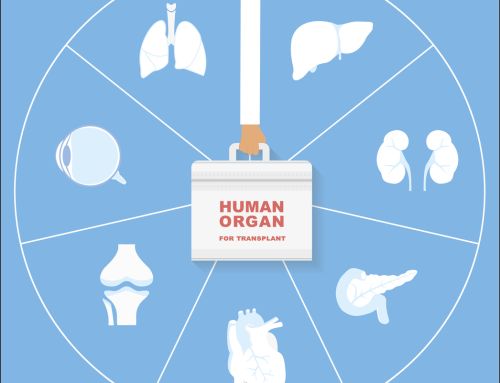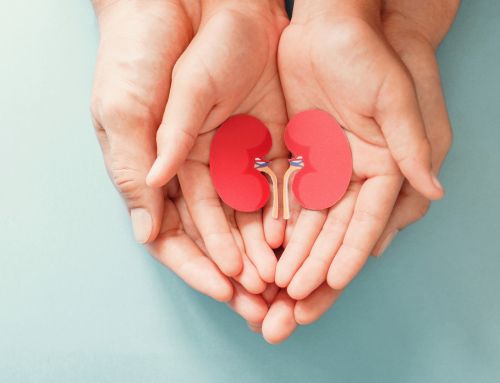By Jessica N., Director of Public Affairs
When DPC weighs in on policy proposals, we aim to speak on behalf of the people that we represent. This means that periodically we look to all of you to let us know how you feel about certain changes and how you think they will affect your care…and this is one of those times.
Recently, the Organ Procurement Transplant Network (OPTN) and United Network for Organ Sharing (UNOS) released a proposal to change the way kidney transplants are allocated. The proposal makes several key modifications to current policy that could have an impact on your eligibility for a kidney transplant. While the proposal includes a number of changes (and you can find a full summary here), there are two areas where we are particularly interested in hearing your thoughts:
- The proposal will change how transplant waiting list times are calculated. It would change the start date of transplant list waiting time from the date that you are added to a transplant list to the date that you started dialysis, regardless of how long it takes you to decide/apply/be accepted to a transplant program. This would be done in an effort to make transplant waiting times more comparable for those ESRD patients who are not given adequate information on transplantation and are therefore delayed in getting on a list. However, we are concerned that this change would be unfair to those patients who are proactive and get on a transplant list very soon after stating dialysis.
- Additionally, the proposed policy would change how about 20% of kidney transplants are allocated. It aims to match some kidneys with the longest estimated function to those candidates who are expected to need a transplant for the longest time. While the formula to assess the long-term benefit to the candidate includes age, that is not the only factor.
The new system would use a new measure called the Kidney Donor Profile Index (KDPI) to estimate the long term function of a kidney donation. The factors used to calculate this are: age, height, weight, ethnicity, history of hypertension, history of diabetes, cause of death, serum creatinine, hepatitis C and whether the donation occurred after circulatory death.
It would also use a new measure called the Estimated Post-transplant Survival (EPTS) to determine how long a candidate would be likely to benefit from a transplant. The factors used to calculate this are: age, length of time on dialysis, diabetes and history of a prior organ transplant.
UNOS and OPTN would then use these scores to try and match the top 20% of kidneys that will last the longest with the top 20% of donors that will use them the longest. The other 80% would be allocated much the same way they are today.
These changes would add a greater importance of age of the recipient to kidney donation allocation, but would not change the way most candidates receive a kidney. However, we also have concerns that the measures used to calculate the EPTS are not sufficient.
As you can see, these proposals make substantial changes to the way donor kidneys will be matched with transplant recipients. Because transplantation is such a critical and personal issue, we would love to hear what you think about these changes. We will be submitting formal comments to OPTN in early December, so please let us know by then!




























